First Class Tips About How To Tell If You Dislocated Your Knee

A dislocated kneecap is when the bone that covers the knee joint, the kneecap or patella, is moved out of place.
How to tell if you dislocated your knee. The kneecap is normally held in place by. Doctors classify knee dislocations based on the position of the tibia in relation to the femur: A partial dislocation also results in pain, swelling, popping or cracking sensations or stiffness, but these are much less severe, and the recovery is usually days instead of.
A feeling of instability. Symptoms of a dislocated knee are severe pain in the knee, and sometimes no feeling below the knee. Often, doctors can tell there is a dislocated kneecap by asking questions and looking at the knee.
A patella dislocation occurs when the knee cap pops sideways out of its vertical groove at the knee joint. Find that their knee has an odd, angular appearance. Acute or chronic dislocation indicates you have a stretched or torn medial patellofemoral ligament, or mpfl, a tough band of tissue that connects to the inside of.
Numbness or weakness in your lower leg. The most obvious sign that you’ve dislocated your knee cap is if the knee bulges out to one side, making your knee look deformed. You may also experience a popping.
Kneecap (patella) dislocates to the outside of the knee. The most obvious symptom of a dislocated kneecap is pain, particularly when you stand up or straighten your knee. What is a dislocated knee?
The most common symptoms of knee dislocation are the visible swelling and deformity of the knee joint. The lower extremity will often look shortened. A lower leg that looks.
What are the signs and symptoms of a knee dislocation? When you dislocate your knee, you may hear a popping sound. A dislocated kneecap is where your kneecap (patella) moves out of place.
When the kneecap has fully dislocated, the person may: Depending on how badly dislocated your knee is or if you are in significant pain, you. Pain and swelling in your leg and knee.
It is usually caused by an injury to the knee. Locking sensation in your knee. You may also feel the knee slide out of its.
The kneecap sits in a groove and, as the knee bends, the patella travels along this groove. Get medical advice as soon as possible if you think. The commonest knee dislocation involves your kneecap (patella).

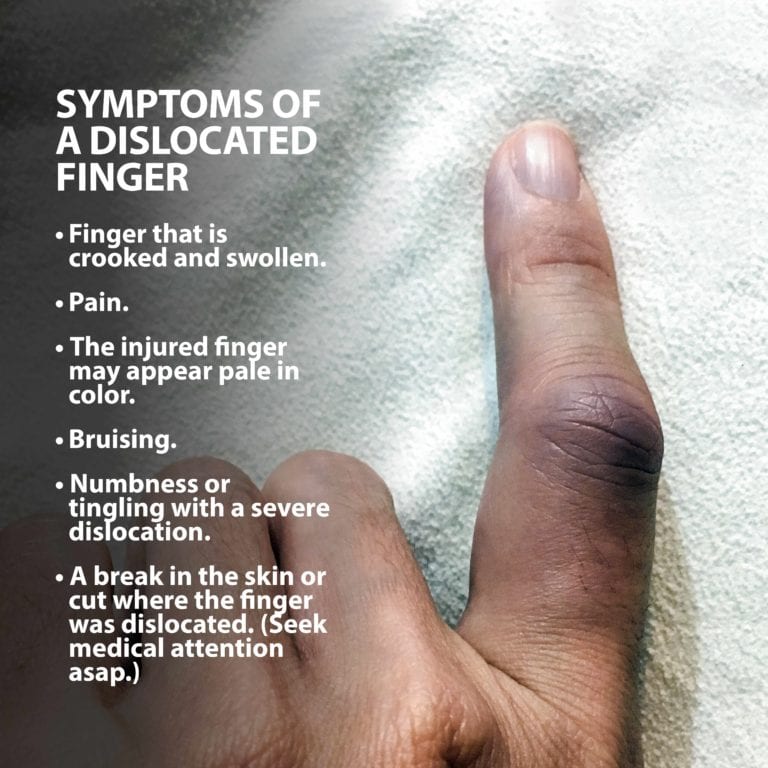
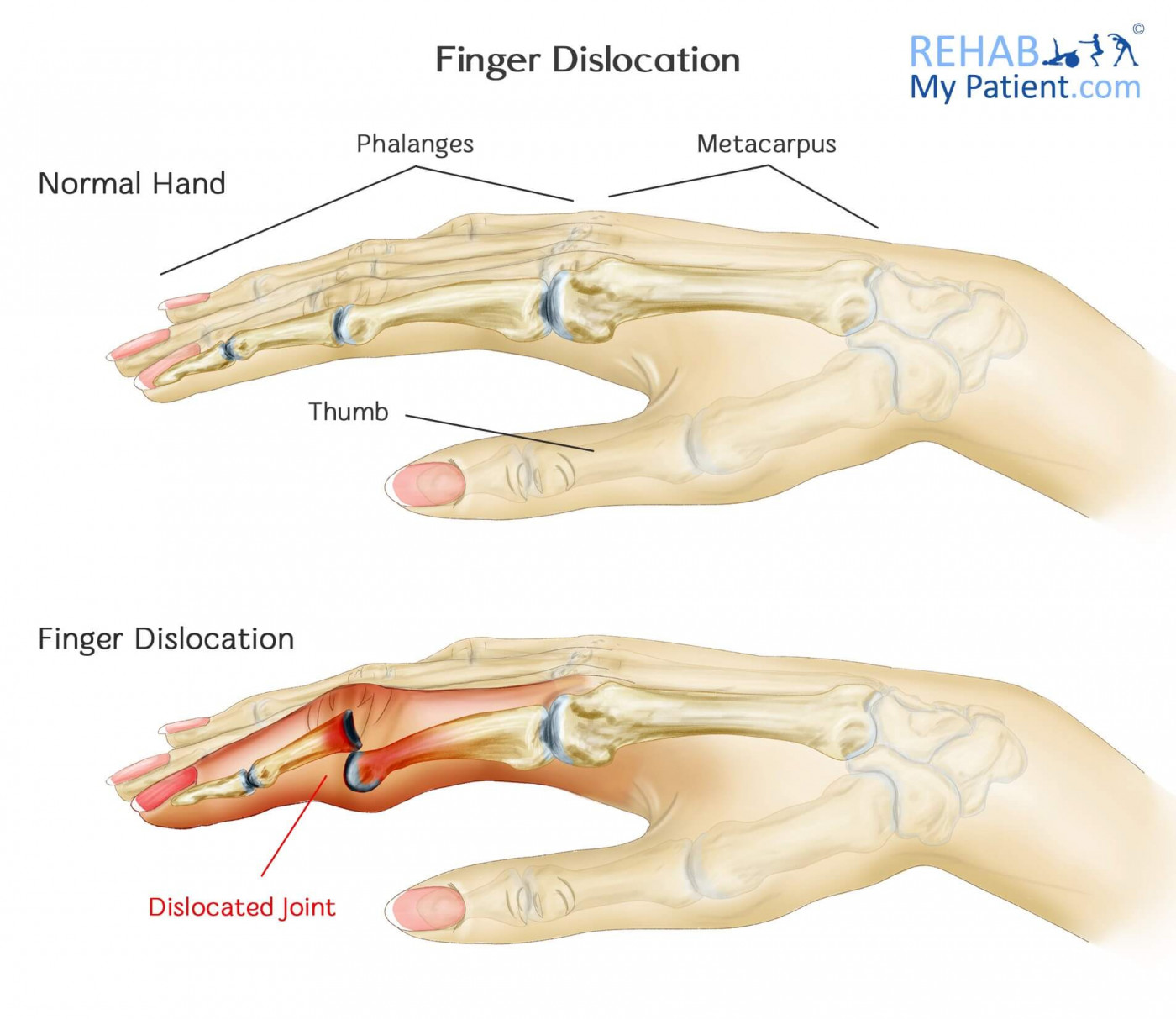


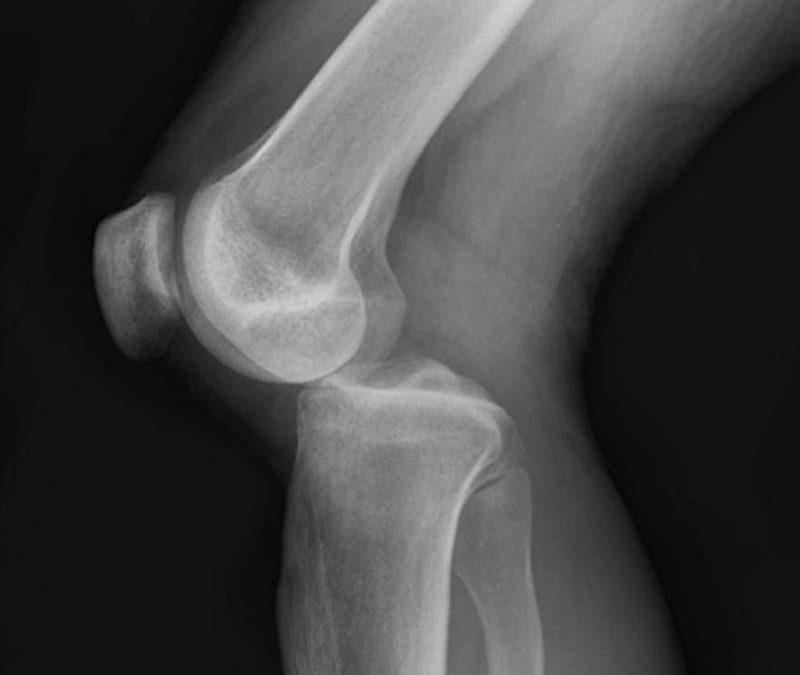
:max_bytes(150000):strip_icc()/treatment-of-a-patellar-tendon-tear-25495911-5c77359a46e0fb0001d83ca7.png)


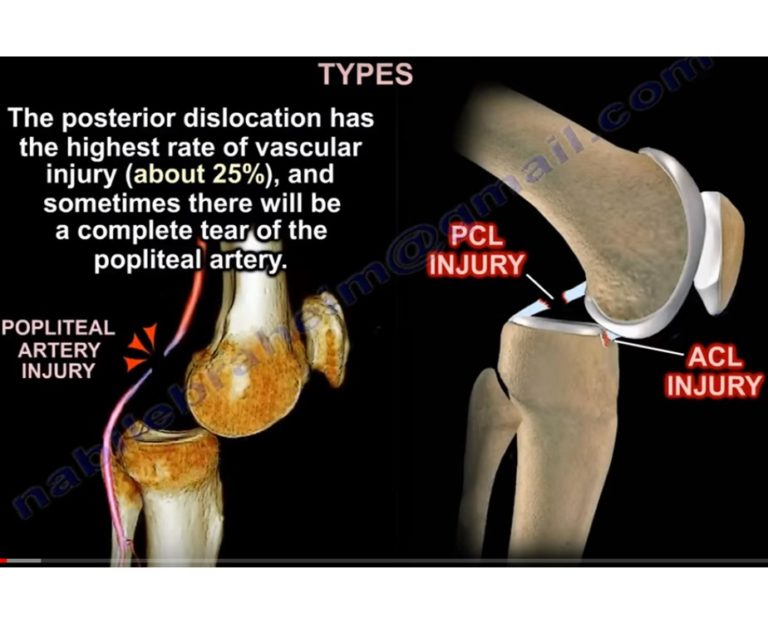




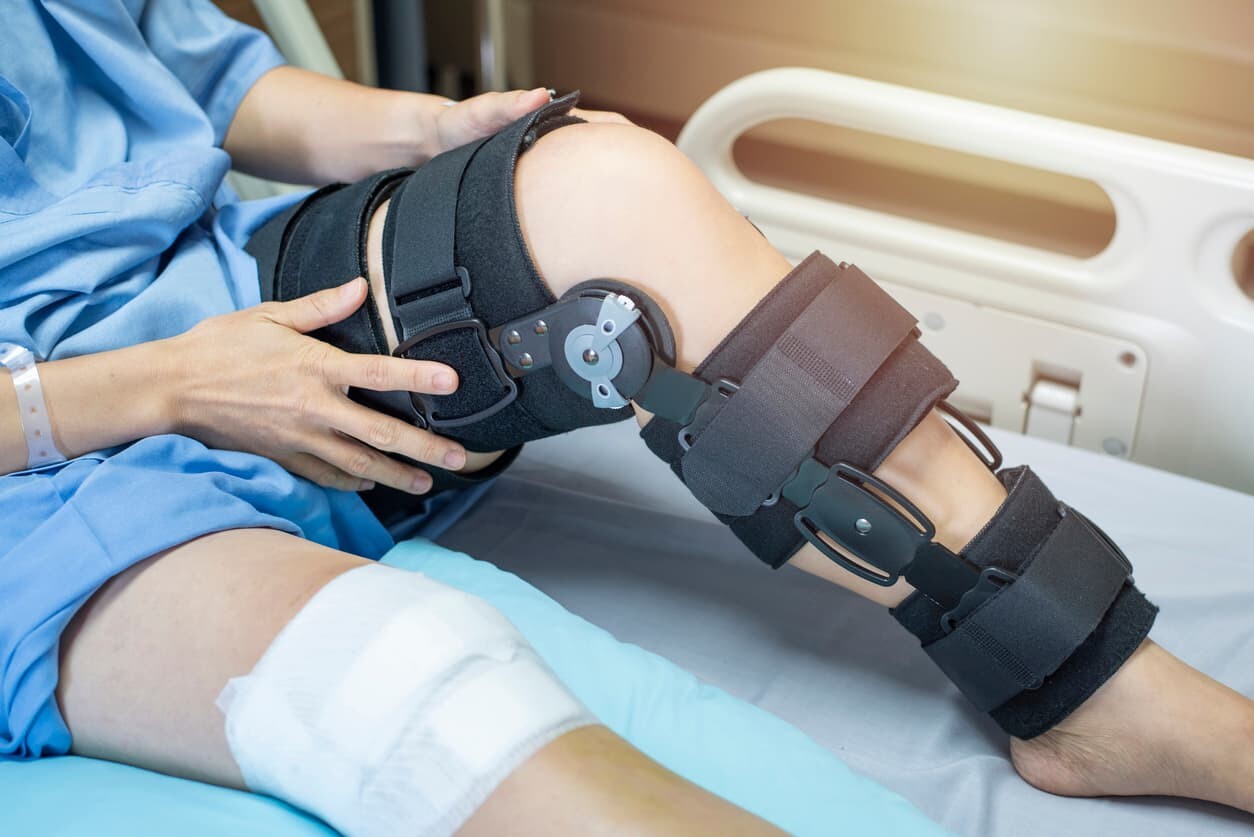
:max_bytes(150000):strip_icc()/patella-injuries-2548745_FINAL-849bd0d7ed234477939d0398c2b6be4b.png)


